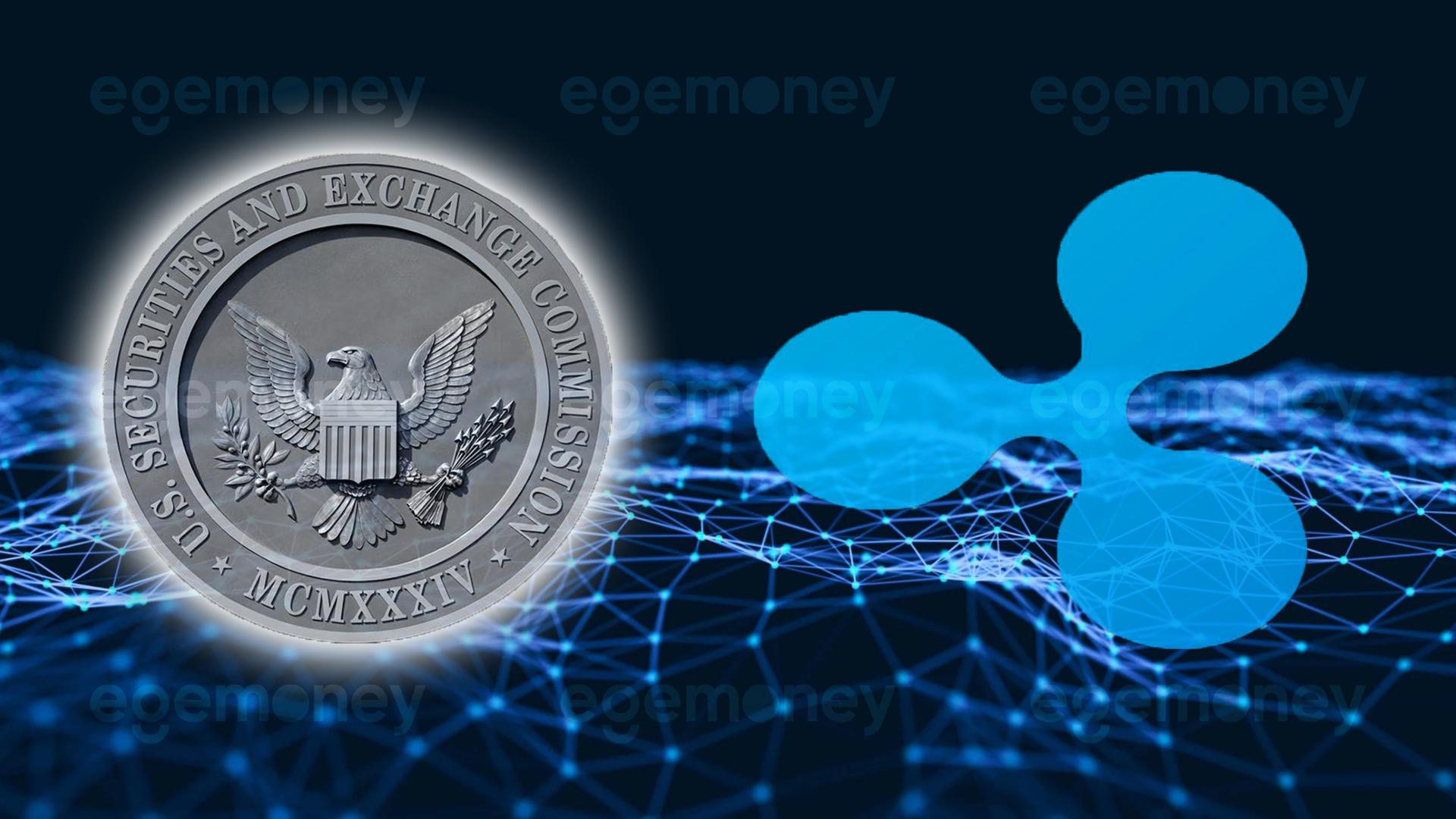Ripple contended that the U.S. Securities and Exchange Commission’s (SEC) interlocutory appeal is unwarranted and should not proceed.
On August 16th, Ripple filed a petition against the SEC’s anticipated interlocutory appeal.
In December 2020, the SEC leveled charges against Ripple and a pair of its associates, alleging they breached securities rules via XRP token transactions. However, on July 13th, 2023, a judge ruled in favor of Ripple, deciding that the XRP sales, whether programmatic or on public exchanges (and some other distributions), did not constitute a securities offering.
But on August 9th, the SEC lodged an appeal challenging this decision in favor of Ripple.
Ripple’s most recent petition states that the SEC’s anticipated appeal is a departure from its previous focuses, writing:
“Having failed to meet its burden to present facts that would support stretching “the Howey test” to cover all of Ripple’s distributions of the digital asset XRP, the SEC now does an about face and rushes to appeal what it claims … is a purely “legal question” affecting all other digital asset cases.”
Ripple argued that the extraordinary circumstances required for an interlocutory appeal are absent and responded to the SEC’s earlier arguments.
Ripple Responds to the SEC’s Arguments
Ripple asserted that the disputed summary judgment does not entail a controlling question of law and that the security status of programmatic XRP sales is not a purely legal matter that can be “swiftly and clearly” resolved. This matter can be determined by the Howey test, which, by the SEC’s own admission, is “unique.”
Ripple also contended that the SEC did not provide significant reasons to challenge the previous court decision. While the SEC had previously claimed an “intra-circuit split,” Ripple indicated that these differences were “imaginary.”
Even though the SEC rejected the distinction between programmatic and institutional buyers in its lawsuit against Terraform Labs, this court also concluded that digital assets are not necessarily a securities offering. Ripple further argued that each of the pending SEC cases has distinct facts and circumstances, and therefore, they do not provide evidence of an intra-circuit split.
Lastly, Ripple posited that the SEC’s appeal would not expedite the conclusion of the case; rather, it would introduce more legal issues. The SEC had earlier claimed that the interlocutory appeal would enhance the simplicity and efficiency of the proceedings.
These matters pertain only to Ripple’s programmatic sales and other distributions. Moreover, the SEC has recognized Ripple’s institutional sales as securities. Additionally, two members of Ripple are preparing to stand trial due to their roles in the sales operations.







